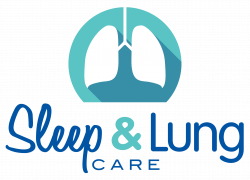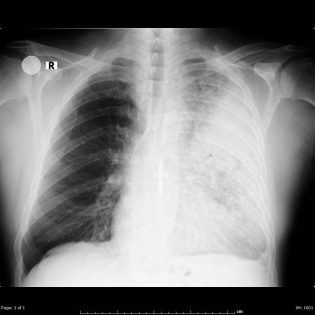Pneumonia in adults (Bacterial chest infection)
What is pneumonia?
— Pneumonia is an infection of the lungs that causes coughing, fever, and trouble breathing. It is a serious illness, especially in young children, people older than 65, and people with other health problems. Pneumonia is usually caused by bacteria but can also be caused by viruses or other germs.
What are the symptoms of pneumonia?
— Common symptoms include:
- Cough
- Fever (temperature higher than 100.4°F or 38°C)
- Trouble breathing
- Pain when you take a deep breath
- A fast heartbeat
- Shaking chills
When people with pneumonia cough, they often cough up phlegm or mucus.
Should I see a doctor or nurse if I think I have pneumonia?
— Yes, see a doctor or nurse as soon as possible. Pneumonia can be mild. But it can also be very serious, especially if you do not get it treated quickly. It’s especially important to see your doctor or nurse right away if:
- Your cough keeps getting worse
- You start having trouble breathing when doing everyday tasks or when resting
- You have chest pain when you breathe in
- You feel suddenly worse after getting better from a cold or the flu
- You have a weakened immune system, for example because you have an HIV infection, had an organ transplant or stem cell (bone marrow) transplant, or take medicines that suppress the immune system
- You already have a serious lung disease, such as chronic obstructive pulmonary disease or emphysema
- You are 65 years of age or older
If your doctor or nurse thinks you might have pneumonia, he or she will probably take an X-ray of your chest. Taking a chest X-ray is the best way to tell if you have pneumonia.
How is pneumonia treated?
— Pneumonia that is caused by bacteria is treated with antibiotics. These medicines kill the germs that cause pneumonia. Most people can take antibiotic pills at home, but some people need to be treated in the hospital. Make sure to take all of your antibiotics, even if you feel better before you finish them.
Pneumonia caused by influenza (or “the flu”) is treated with an antiviral medicine.
How soon will I feel better?
— You should start to feel better 3 to 5 days after you start taking antibiotics. Most people can get back to their normal routine within a week of starting treatment. Even so, you might feel tired or have a cough for a month or longer after you get treated. Although this cough can take a while to go away, it is usually milder than when you first got sick.
How should I take care of myself until I recover?
— Get lots of rest and drink lots of fluids.
If you don’t need to stay in the hospital, your doctor or nurse will probably want to see you or talk to you a few days after you begin treatment. This is to make sure your pneumonia is getting better. He or she should also see you after you get better to make sure everything is back to normal.
If your symptoms do not improve or get worse after starting treatment, tell your doctor or nurse.
What can I do to keep from getting pneumonia again?
— You can wash your hands often with soap and water, or use alcohol hand rubs. Doing so will help protect you from germs.
There is also a vaccine against the most common type of bacterial pneumonia. But the pneumonia vaccine is not recommended for everyone. Ask your doctor if you should have it. You should get a flu vaccine every year.

